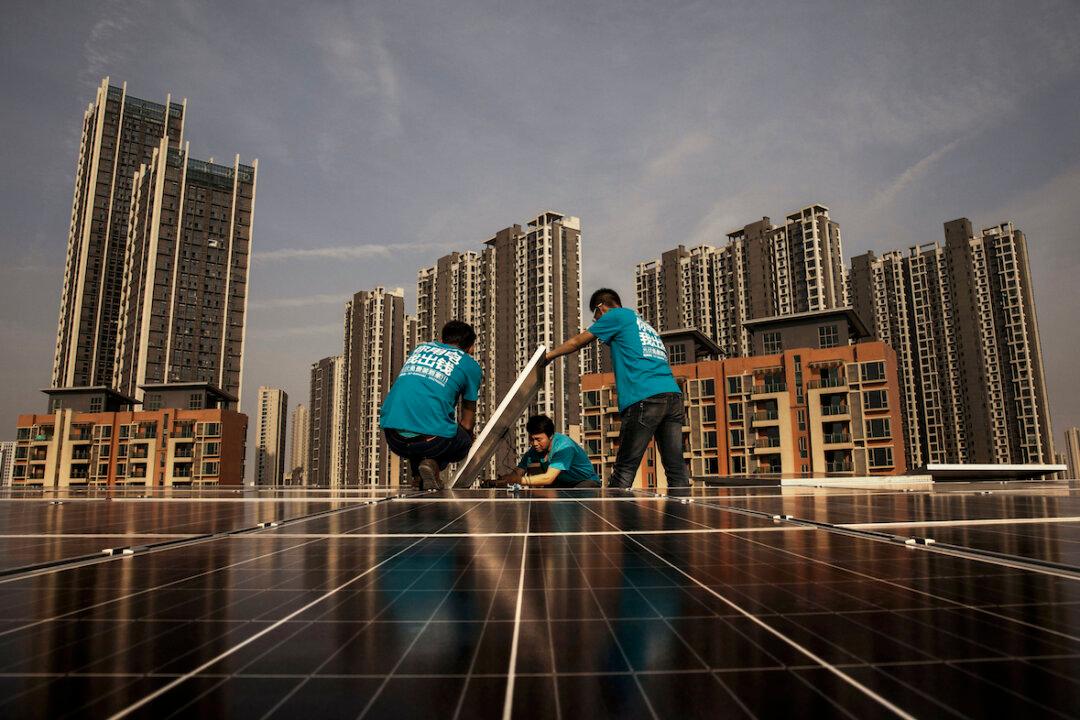News Analysis
China’s biotechnology and clean energy sectors may be the next targets of U.S. sanctions, according to the president of a high-tech corporation in Japan.

China’s biotechnology and clean energy sectors may be the next targets of U.S. sanctions, according to the president of a high-tech corporation in Japan.